Frequently Asked Questions: Your Guide to Understanding Your AC System and Services
Understanding Your AC System
Air conditioning (AC) keeps our homes cool and comfortable during hot weather. However, understanding the AC system can be quite challenging for many. Let's dive deeper into the world of AC systems and services.
To begin with, a basic AC system is comprised of an indoor unit that contains a cooling coil and fan, and an outdoor unit that houses the compressor, condenser coil, and fan. The refrigerant circulates between these units to transfer warmth from the indoor space to the outside. By adjusting the thermostat, you can regulate temperatures.
Moving ahead, it's important to regularly maintain your AC unit by replacing filters, checking for leaks in ductwork and refrigerant levels, cleaning coils, etc. Professional services such as tune-ups can also ensure optimal performance. Neglecting these may lead to costly repairs in the long run.
Your AC works hard, so you don't have to... unless you're the one fixing it.
How Does an AC Work?
To understand how your AC system functions, you need to know about its components and types of AC systems. To keep the air in your home comfortable and clean, you must understand how the air conditioning system works. This section, titled 'How Does an AC Work?' with sub-sections like 'Components of an AC System' and 'Types of AC Systems' will provide you with all the information you need to know about AC functioning.
Components of an AC System
Air conditioning systems are becoming more and more common in households, office buildings, and even vehicles. To better understand them, let's take a look at the various components that make up an AC system.
An AC system primarily consists of four components: the compressor, condenser, evaporator, and expansion valve. The compressor is responsible for compressing the refrigerant gas. As a result of this compression, it increases the temperature and pressure of the gas before it enters the condenser.
The condenser then cools down this high-pressure gas by converting it into a high-pressure liquid. This liquid then circulates through the pipes leading to the evaporator inside your home or car. Here, it releases its heat to cool down your air or vehicle cabin.
The expansion valve regulates the flow of refrigerant into the evaporator and controls its pressure before returning to the compressor. These four parts work harmoniously to keep us cool during hot summer days!
Did you know that air conditioning has revolutionized living conditions for many people across the world? According to National Geographic Magazine, 90% of American households use some form of AC technology!
Why settle for feeling like you're in a freezer when you can choose from a variety of AC systems to make you feel like you're living in a snow globe?
Types of AC Systems
There are various types of AC systems out there, ranging from central air conditioning to ductless mini-split systems. Each type has its strengths and limitations.
Central air conditioning is the most common type that is present in homes. This system uses a network of ducts to distribute cool air through multiple rooms via vents in the ceilings or walls. On the other hand, ductless mini-split systems are ideal for spaces where there isn't any existing ductwork, like home additions or garages. These systems use an outside unit that is mounted on the wall and connected to an indoor unit located indoors.
Furthermore, portable air conditioners are great for small rooms because they don’t need installation and can easily be moved around. However, these units aren’t as powerful as central AC units and may only provide relief for a single room.
Did you know that evaporative coolers are another type of AC system? They work best in arid climates because they rely on moisture absorption to cool air. As water evaporates from specially-designed pads within the unit, hot and dry outside air gets drawn inside and cooled down as it passes through the damp pads.
Anecdote alert! A friend had recently purchased a property with a geothermal HVAC system installed in it. She explained how her electricity bills have gone down significantly since she got this installed because this system relies on renewable energy sources underground, which allow it to run efficiently without making much noise. Geothermal HVAC systems work by harnessing heat energy stored just beneath our feet - pretty nifty!
Feeling hot and bothered? Don't sweat it, these common AC problems have simple solutions.
Common AC Problems and Solutions
To troubleshoot common AC problems, like AC not cooling, AC making strange noises, and AC leaking water, explore this section in Roman’s Service Cooling & Heating blog in North Port, Florida. Delve into each sub-section to learn more about the possible causes and solutions to these pesky AC issues.
AC Not Cooling
When the AC fails to cool, it can create an uncomfortable and frustrating situation. This can be due to several reasons, including low refrigerant levels or lack of maintenance. Regular cleaning of the filter, coils, and other parts can ensure better airflow and optimal cooling. Also, inspecting for leaks in the ducts and repairing them promptly is essential to achieve the desired temperature.
Additionally, checking if any obstructions near the AC unit could cause restricted airflow is crucial. Sometimes closing blinds, curtains, or shades during high temperatures can keep rooms cooler by blocking out direct sunlight. It's also essential to ensure that the thermostat is set at a reasonable temperature for efficient cooling.
One suggestion to try is adjusting the fan settings from 'auto' to 'on.' When set on 'auto,' this setting turns on only when needed. But when adjusted to 'on', it will allow air to circulate continually, increasing efficiency by keeping indoor temperatures consistently cold. Another recommendation is using ceiling fans or standing fans; they aid in better circulation of cold air around the house.
All these suggestions work since proper maintenance and adjustment of settings affects how an AC unit functions effectively.
Looks like your AC is starting a garage band, but don't worry, we've got the solution to silence those strange noises.
AC Making Strange Noises
As the mercury climbs, air conditioners become more critical. However, when they begin to make strange noises, they can be a source of irritation rather than comfort. ACs are supposed to hum softly like a lullaby to soothe you; on the other hand, unpleasant sounds can create an uncomfortable and prickly atmosphere.
Sometimes, a strange sound might just be that—a new noise that doesn't signify anything. However, if your AC starts making unusual sounds at irregular intervals or repeatedly, it's time to take action. First and foremost, turn off your AC if you hear any rattling or scratching sounds that could indicate loose parts. Continuing to use your unit may result in costly damages if left unchecked.
One night this summer season around midnight after working all day and feeling hot and sleepy, my AC started making a miserable noise the likes of which I had never heard before - like broken metal grinding against each other! As someone with little knowledge of how an AC works (other than cold air coming out), I was naturally terrified about what was happening. Therefore, Don't ignore those noisy interruptions—take care of them immediately.
Looks like your AC is finally taking up a new hobby - waterworks.
AC Leaking Water
When warm air from outside meets the cold AC unit, water droplets often form within the system. However, if your AC is leaking water, it could be a sign of a problem. One common cause of leakage is a clogged drain line which prevents the water from draining properly. Another issue could be a broken condensate pump which removes excess moisture from the interior of your AC unit. It's important to address these problems promptly to prevent further damage and maintain system function.
If you notice any moisture or standing water around your AC unit, turn off your unit immediately and contact a professional for repair. Neglecting an AC leak can quickly lead to mold growth or electrical hazards that put your family at risk. Regular maintenance can help prevent these issues from arising.
AC Maintenance Tips
To keep your AC system running smoothly, it's crucial to ensure it's well-maintained. This section on AC Maintenance Tips with sub-sections Importance of Regular Maintenance, DIY Maintenance Tips, and Hiring a Professional for Maintenance will provide you with solutions to keep your AC unit in good shape. With these tips, you'll be able to improve the performance of your AC system and extend its lifespan.
Importance of Regular Maintenance
Regular AC maintenance ensures the proper functioning of your air conditioning system. Neglecting regular maintenance can lead to significant problems such as reduced efficiency, increased energy bills, and costly repairs. Without proper servicing, dust and other contaminants build up in the system, resulting in poor indoor air quality and health issues.
To prevent these issues, scheduling an annual check-up with professionals is essential. During this check-up, professionals will inspect and clean your entire system, lubricate the moving parts of the unit, tighten loose connections, replace worn-out parts if needed, and provide advice for optimizing your unit's performance.
Additionally, changing filters frequently enhances air filtration by preventing dust accumulation which also helps maintain the optimal condition of AC units.
One time my AC stopped working during a blistering hot day. I remembered how much it had cost me once when I ignored its early signs of dysfunctionality so this time I called HVAC technicians who serviced it immediately. They told me that lack of maintenance was responsible for the clogged filter causing overheating - a simple fix but with potential fallout without a timely reaction. So don't sit back! Take action regularly to avoid regrets later on!
Save some money and get your hands dirty with these DIY AC maintenance tips.
DIY Maintenance Tips
Keeping your AC maintained is crucial in ensuring a comfortable living space and avoiding costly repairs. Follow these 3 simple DIY maintenance tips:
- Replace the Air Filter: Dirty filters can obstruct airflow, decrease efficiency and even damage your AC unit. It's recommended to replace filters every 30-90 days depending on usage.
- Clean the Coils: Condenser and evaporator coils collect dust and dirt which affects their ability to absorb heat. Clean them using a soft bristle brush or vacuum cleaner at least once a year.
- Clean the Drain Line: A clogged drain line can cause water damage to your home and affect the AC unit’s humidity level. Prevent blockages by flushing the line with white vinegar twice a year.
It's also important to inspect your AC's refrigerant levels, electrical components, and connections for wear and tear. Neglecting maintenance can lead to expensive breakdowns or system failures.
Stay ahead of problems by regularly maintaining your AC unit with these simple DIY tips! Don't wait until it's too late – give your AC the care it deserves.
If your AC technician shows up with a bag of tools that could rival a surgeon, you know you've hired the right professional for the job.
Hiring a Professional for Maintenance
Maintaining an AC is vital for its smooth functioning, and to achieve this, hiring a professional is necessary. These skilled experts possess the knowledge and experience required to handle various AC issues expertly. From cleaning the filters to troubleshooting complex mechanical problems, they can ensure your unit runs efficiently throughout the year. With proper maintenance, you reduce the need for costly repairs or replacements in the long run.
Additionally, professionals perform regular checkups that help detect potential issues early on before they turn into emergency situations that require significant investment. With specialized tools and equipment, cleaning and inspecting essential components like coils, fans, condensers, and blowers become effortless and thorough.
Did you know that neglecting maintenance can lead to up to a 5% loss in efficiency each year? That's why it's crucial to schedule annual or bi-annual tune-ups with a reputable AC service provider to keep your system running optimally all year round.
AC Services Offered by Roman's Service Cooling & Heating
To learn about the various AC services provided by Roman's Service Cooling & Heating in North Port, Florida, this section discusses AC installation, repair, replacement, and maintenance plans. Each sub-section will briefly introduce the service and its benefits, allowing you to make informed decisions on which service will best suit your needs.
AC Installation
If you're looking for a reliable and professional AC installation service, Roman's Service Cooling & Heating is the go-to choice. Our team of experts is well-versed in the latest technology and equipment, and we take pride in providing top-notch services to our clients.
Here is a 5-step guide to a successful AC installation:
- Assessment: Our team will first assess your needs and provide recommendations on the right size and type of unit for your space.
- Prepare space: We'll prepare the area where the unit will be installed to ensure it's clean, level, and has proper ventilation.
- Installation: Our team will carefully install your new unit, ensuring that it's properly secured and connected to the ductwork.
- Testing: Once installation is complete, we'll test the unit to make sure everything is working properly before leaving your premises.
- Maintenance: We'll offer ongoing maintenance services to keep your unit running efficiently for years to come.
Our team also offers additional services such as ductwork installation, repair, or replacement.
At Roman's Service Cooling & Heating, we pride ourselves on delivering quality service at affordable prices. Whether you're a residential or commercial client, you can count on us for all your AC needs.
Did you know that air conditioning was first invented in 1902 by Willis Carrier? It was originally designed to control humidity in a printing plant but quickly became recognized as a way to improve human comfort during hot weather. Today, air conditioning has become an essential part of our lives and Roman's Service Cooling & Heating is proud to play a role in providing reliable AC services to our community.
Roman's Service Cooling & Heating: where we don't just fix your AC, we give it a second chance at life.
AC Repair
Air conditioning (AC) has become an indispensable part of our lives, especially during summers when the heat is unbearable. However, a faulty AC can quickly turn a comfortable environment into an intolerable one. That's why Roman's Service Cooling & Heating offers top-notch AC repair services to keep you cool and comfortable all summer long.
Our team of expert technicians understands the intricacies of different types of AC units, including central air conditioners, window ACs, split ACs, and more. We use state-of-the-art diagnostic tools to identify the root cause of your AC problem and get it fixed in no time. Whether your AC needs cleaning, refrigerant recharging, compressor replacement, or any other repairs - we have got you covered!
Apart from our unparalleled repair services, we also offer regular maintenance plans to ensure that your AC unit stays in top working condition year-round. Moreover, we provide emergency repair services 24/7 so that you don't have to suffer through hot summer nights without proper cooling.
Don't let a malfunctioning AC ruin your comfort this summer! Contact Roman's Service Cooling & Heating today for reliable and affordable air conditioning repair services that keep you cool even on the hottest days. Trust us; you won't regret it!
Feeling hot and bothered? Let Roman's AC Replacement service chill you out.
AC Replacement
When it comes to AC replacement, Roman's Service Cooling & Heating has got you covered. With their team of experts, they offer a smooth and hassle-free AC replacement service that guarantees maximum comfort in your home or office.
They take pride in sourcing the best AC units that meet your specific needs and budget. Their team carefully evaluates your current AC system to ensure that the new unit is the right match for your property. They also handle the installation process to assure consistent performance for an extended period.
Notably, their AC units come with warranties, giving you peace of mind knowing that they are built to last. Moreover, they provide professional guidance on maintenance practices to prolong the lifespan of your AC unit.
It's essential to schedule regular check-ups and servicing for your new unit. Failure to do so could lead to reduced efficiency and even total breakdowns in extreme cases. Roman's Service Cooling & Heating offers scheduled maintenance services that keep your AC running seamlessly all year round.
Get your AC in top shape without breaking the bank with Roman's Service Cooling & Heating's maintenance plans.
AC Maintenance Plans
When it comes to Roman's Service Cooling & Heating, AC Maintenance plans are a crucial aspect of their services. These plans ensure that your AC unit is checked and serviced regularly, keeping it working efficiently for longer periods.
- First and foremost, these maintenance plans include regular check-ups and cleanings of the AC unit, ensuring that any problems or potential issues are caught before they become serious.
- You'll receive priority scheduling in case of an emergency breakdown or repair need. This means that you won't have to wait long for assistance during critical times.
- Additionally, these plans come with discounts and reduced costs on various services. This helps customers save money in the long run while keeping their AC units in top condition.
- Finally, regular maintenance helps increase the lifespan of your unit and keeps energy bills low by ensuring efficiency.
It's important to note that Roman's Service Cooling & Heating offers customizable maintenance plans suited to each customer's individual needs and budget.
In addition to these benefits, one customer shared his experience with Roman's service. He called them after experiencing several issues with his AC unit. The technicians responded promptly and were able to identify the problem quickly. They were also able to provide him with several options for repairing the unit instead of forcing him into buying a new one. The customer appreciated their honest service approach as well as their timely repairs that saved him from sweltering temperatures during a hot summer day.
Overall, if you want your AC units running smoothly throughout the year without unexpected breakdowns or costly repairs, consider signing up for a maintenance plan at Roman's Service Cooling & Heating today!
Choosing the Right AC System for Your Home
To choose the right AC system for your home, you need to consider multiple factors that influence your decision. To help you make the best choice, this section discusses the factors that you should keep in mind when selecting an AC system. Additionally, the section explores the benefits that you can get from a properly sized AC system.
Factors to Consider when Choosing an AC System
When it comes to choosing the right AC system for your home, there are several factors to consider. The first and foremost factor is the size of your home. The size of the AC you need will depend on the square footage of your house. However, other factors such as insulation, ceiling heights, and number of windows can also affect the size of the AC required.
Once you have determined the appropriate size, another important factor to consider is the type of AC system that would be suitable for your specific needs. There are different types of systems such as central AC, ductless mini-splits, or window units. Each type has its own pros and cons and selecting one depends on various important factors like budget, operational cost, maintenance needs, etc.
Other vital aspects to take into account when choosing an AC system include energy efficiency ratings (EER), seasonal energy efficiency ratio ratings (SEER), and sound levels. These ratings help determine how much electricity the system consumes, its cooling capacity in terms of BTUs per hour, and how loud it operates respectively.
A little bit of history – did you know that before air conditioning was invented at the beginning of the 19th century; people used fans or water evaporation techniques to cool down themselves? Willis Carrier invented modern air conditioning in 1902 in New York City where he worked out a way to artificially cool a room's air using refrigeration technology. As time passed by, more countries across different hemispheres needed this technology becoming a necessity in various sectors especially in residential areas today!
Get a properly sized AC system and you won't have to choose between sweating or freezing to death in your own home.
Benefits of a Properly Sized AC System
A perfectly sized AC system is essential for every home. It provides efficient cooling and reduces energy costs, which can save hefty bucks in the long run. Let's dive into some of the benefits of selecting the right AC system for your residence.
- Energy Efficiency: An appropriately sized AC unit can lower your energy bills significantly. If you select a smaller unit than required, it will work harder and consume more power to keep your rooms cool. On the other hand, a larger air conditioner can short cycle and won't dehumidify properly.
- Improved Air Quality: A well-fitted air conditioning system ensures indoor air quality because it doesn't overwork or break down frequently, making it easier to control and filter harmful air pollutants. Moreover, it prevents mold from growing on walls and furniture that could cause respiratory problems like asthma.
- Better Comfort: A correctly installed AC system offers better temperature consistency and humidity control throughout the house. It not only improves the comfort level but also safeguards electronic equipment that might be affected by excessive heat or moisture levels.
Moreover, before deciding on an HVAC system, consider factors such as ductwork efficiency and insulation requirements.
Frequently Asked Questions about AC Systems and Services
To get a better understanding of your AC system and services, the section on Frequently Asked Questions about AC Systems and Services can provide you with helpful information. This section covers commonly asked questions about AC systems and services. These questions include topics such as how often you should service your AC system, whether or not you can install a new AC system yourself, how long your AC system typically lasts, and what you should do if your AC system is not cooling properly.
How often should I have my AC system serviced?
Routine maintenance of your AC system can prolong its lifespan and ensure optimal performance. It is recommended to have a professional inspection and cleaning at least once a year, ideally before the cooling season begins. However, if you have specific issues with your AC system, it may require more frequent servicing.
During an AC maintenance visit, the technician will clean or replace air filters, check coolant levels, and make any necessary adjustments to ensure efficient operation. They will also inspect electrical connections for safety hazards and test the thermostat to verify proper function.
In addition to routine maintenance, some signs indicate your AC system needs urgent attention. If you notice strange sounds or odors coming from your unit, inconsistent cooling, or increased energy bills, it’s recommended that you seek professional help as soon as possible.
Pro Tip: Regularly changing your air filters can reduce strain on your AC system and save you money on energy bills. Make sure to use high-quality filters suitable for the size and type of your unit, and follow manufacturer recommendations for replacement frequency.
Sure you can if you enjoy sweating profusely and ending up with a broken AC system and a hefty repair bill.
Can I install a new AC system myself?
Installing a new AC system yourself might seem like a cost-effective and doable option, but it's not recommended. Air conditioning systems are complex and require expertise to install them correctly. The process involves electrical work, refrigerant charging, and ductwork installation. Incorrect installation can lead to several issues, including system failure, safety hazards, and higher energy costs.
However, if you're confident in your skills and have experience working on HVAC systems, you can follow these five steps to install a new AC system:
- Gather the required tools and equipment.
- Choose the right size AC unit for your home.
- Install the indoor unit first and run the necessary electrical wiring.
- Install the outdoor unit on a level surface and connect the refrigerant lines.
- Test the new AC system to ensure it's working correctly.
It's crucial to note that installing an AC system without proper training or certification is illegal in some areas. Furthermore, even if you have installed an AC at your home before, each installation is different because every house has unique requirements.
It's always best to hire licensed professionals to install your AC system as they have received training on various aspects of HVAC installations. They know how to assess your home's specific needs and take appropriate measures during setup to ensure optimal performance.
Installing an air conditioning unit may seem easy at first glance; however, with such powerfully complex machinery involved in modern air conditioning systems today - no one should jeopardize their own safety or property by doing it themselves!
An AC system's lifespan is about as predictable as a weather forecast in Florida during hurricane season.
How long does an AC system typically last?
AC systems typically last for 10-15 years. However, it depends on factors such as usage frequency, maintenance, and climate. Proper maintenance may extend their life span by years. Regular cleaning can prevent dust and debris buildup that leads to inefficiency. Consulting with an HVAC professional can also help identify issues before they become expensive problems.
According to the US Department of Energy, replacing an outdated AC unit with a newer one may save homeowners up to 20% or more on energy costs. Upgrading to an energy-efficient model not only saves money but reduces carbon footprint too.
With regular care, AC systems deliver smooth performance and comfort for many years without breaking the bank.
Is your AC system taking a break from the summer heat? Time to call in the HVAC SWAT team.
What should I do if my AC system is not cooling properly?
When your AC system is not cooling properly, it can be frustrating and uncomfortable.
- Check the thermostat and ensure it's set to the right temperature.
- Next, examine the air filter and clean or replace it if necessary.
- If that doesn't work, clear any debris on your outdoor unit and give it room to breathe with a clear space surrounding it
- Lastly, call a professional HVAC technician for inspection and possible repairs.
One common reason for an AC not cooling correctly could be insufficient refrigerant levels due to leakage. A faulty compressor or damaged ductwork may also affect its efficiency. Remember to keep a maintenance schedule to prevent unnecessary issues.
A client once called us because their AC was blowing out hot air instead of cool air on a hot summer day. We discovered their evaporator coils were clogged with dirt and debris, which hindered airflow and caused inefficient cooling performance. After cleaning them, the AC resumed normal functionality much to our client's relief. Regular cleaning of your HVAC equipment is always advisable.
Whether you're sweating like a sinner in church or shivering like a polar bear, one thing's for sure - AC systems and services are a lifesaver, or climate saver for that matter!
Conclusion.
Your guide to understanding your AC system and services has been thoroughly explained in this article. From the different types of AC units to the importance of routine maintenance, you now have a better understanding of your cooling and heating system. Remember to regularly change air filters and schedule annual services to extend the lifespan of your unit.
Additionally, be aware of warning signs such as unusual noises or smells coming from your AC unit. These could indicate serious issues that require professional attention. Always contact a licensed HVAC technician for proper repairs.
Frequently Asked Questions
Q: Why is my AC not cooling properly?
A: There could be several reasons for this issue, including a dirty air filter, low refrigerant levels, a clogged condenser coil, or a faulty compressor. It is best to have a professional AC technician diagnose and repair the problem.
Q: How often should I schedule maintenance for my AC system?
A: It is recommended to schedule maintenance for your AC system at least once a year. Regular maintenance can help improve energy efficiency, prevent breakdowns, and prolong the lifespan of your system.
Q: What size AC unit do I need for my home?
A: The size of your AC unit will depend on several factors, including the size of your home, the number of occupants, the level of insulation, and the local climate. A professional AC technician can help determine the appropriate size for your specific needs.
Q: What is the average lifespan of an AC system?
A: The average lifespan of an AC system is 10-15 years, but this can vary depending on the quality of the system and the level of maintenance it receives.
Q: How can I improve the efficiency of my AC system?
A: Some ways to improve the efficiency of your AC system include replacing dirty air filters regularly, sealing air leaks in your home, and scheduling annual maintenance with a professional AC technician.
Q: What should I do if my AC system breaks down?
A: If your AC system breaks down, turn off the power to the unit and contact a professional AC technician for repairs. Attempting to repair the system yourself can be dangerous and may cause further damage.
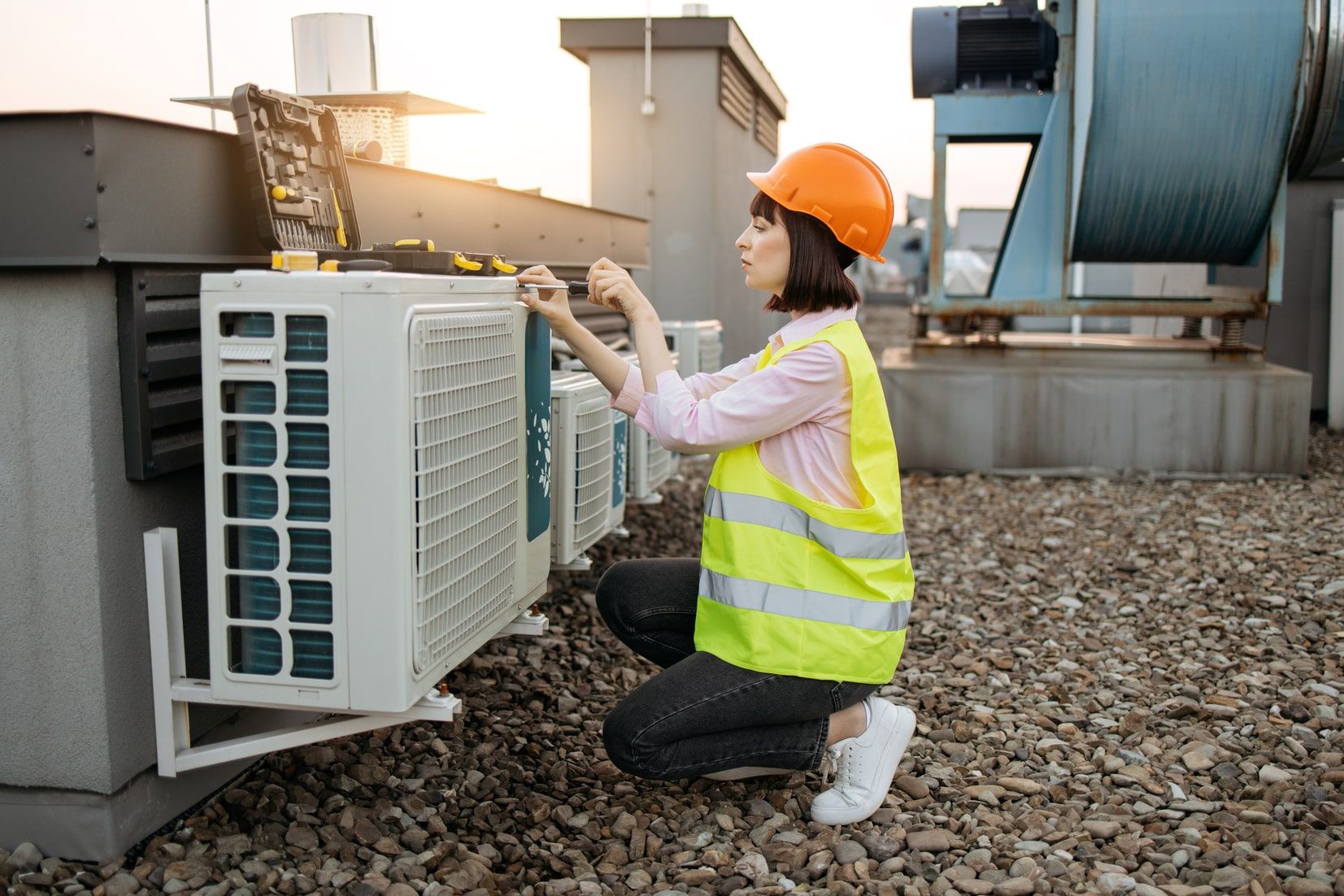

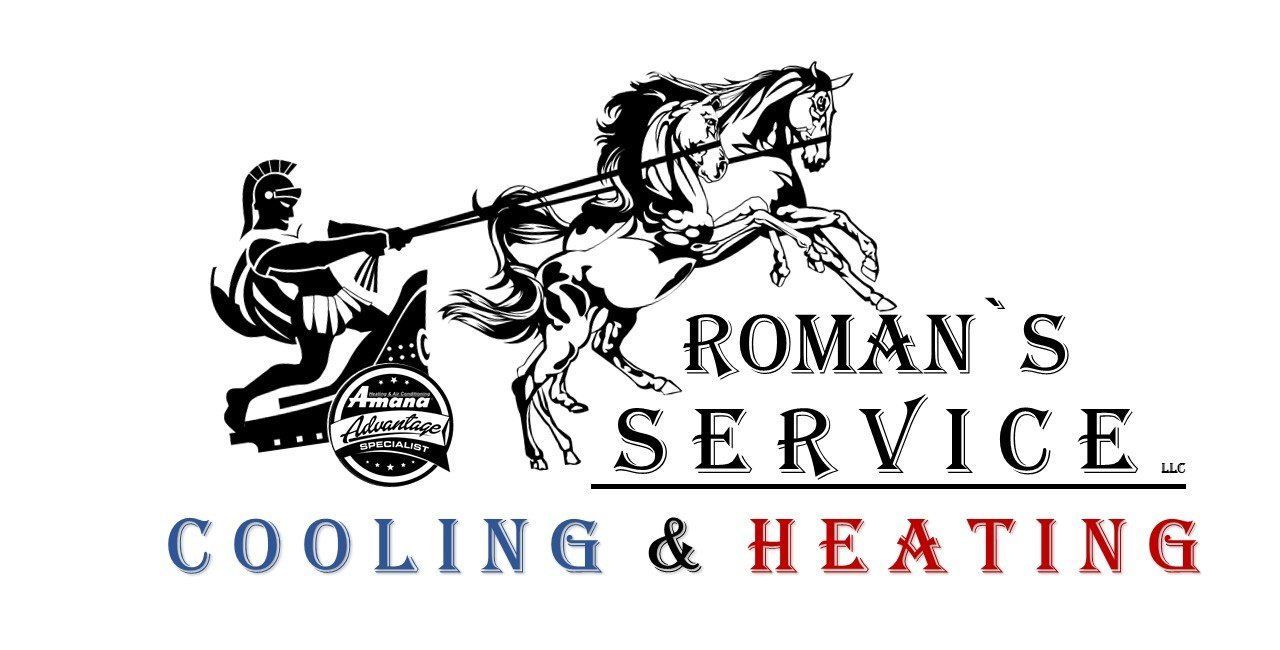
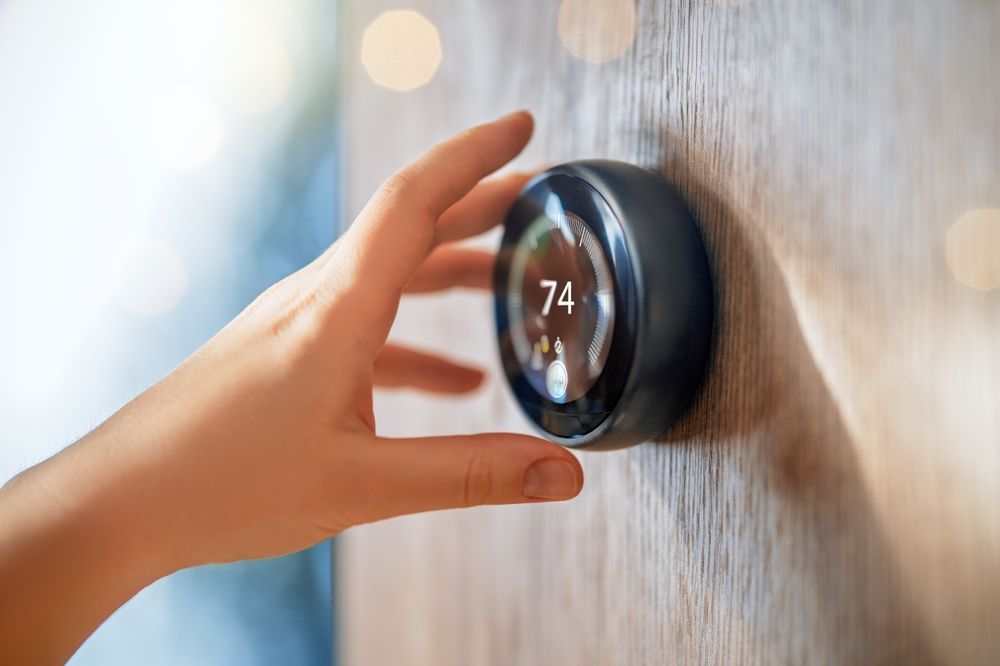
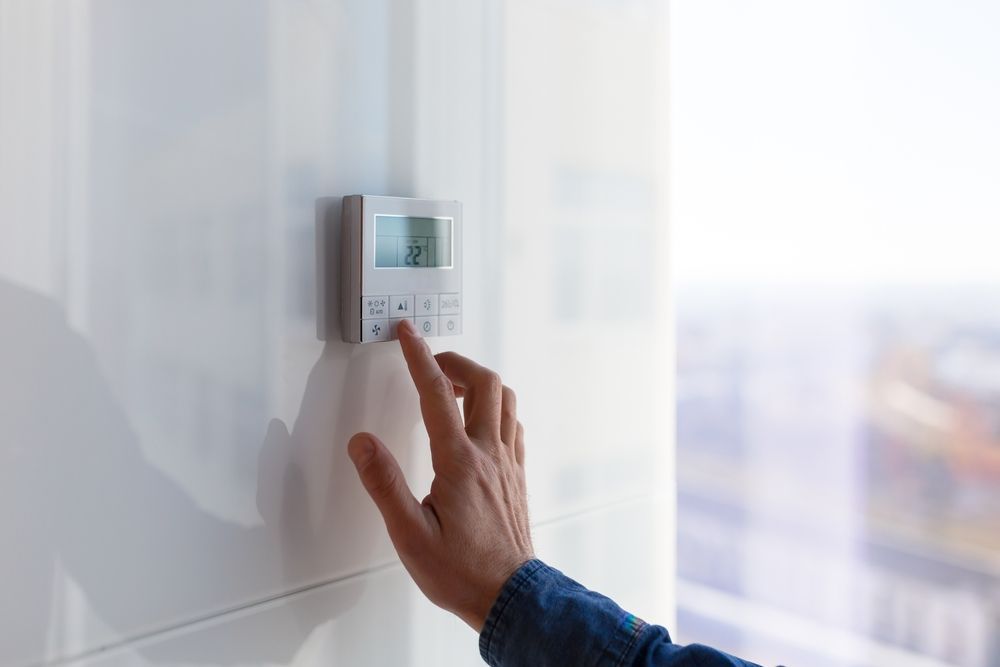
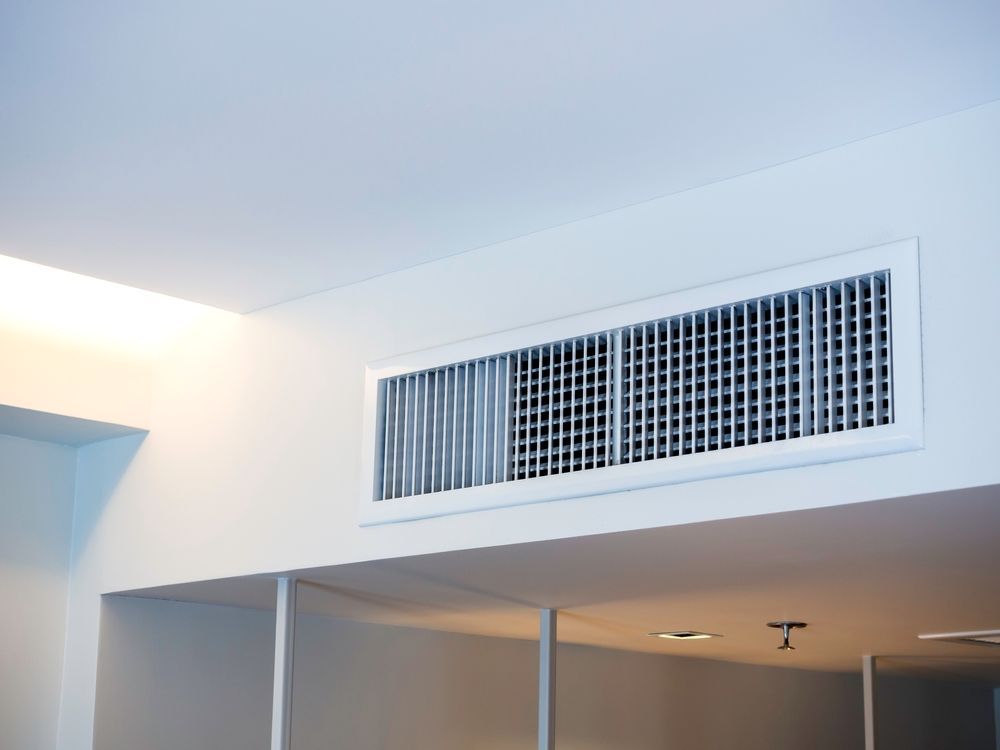
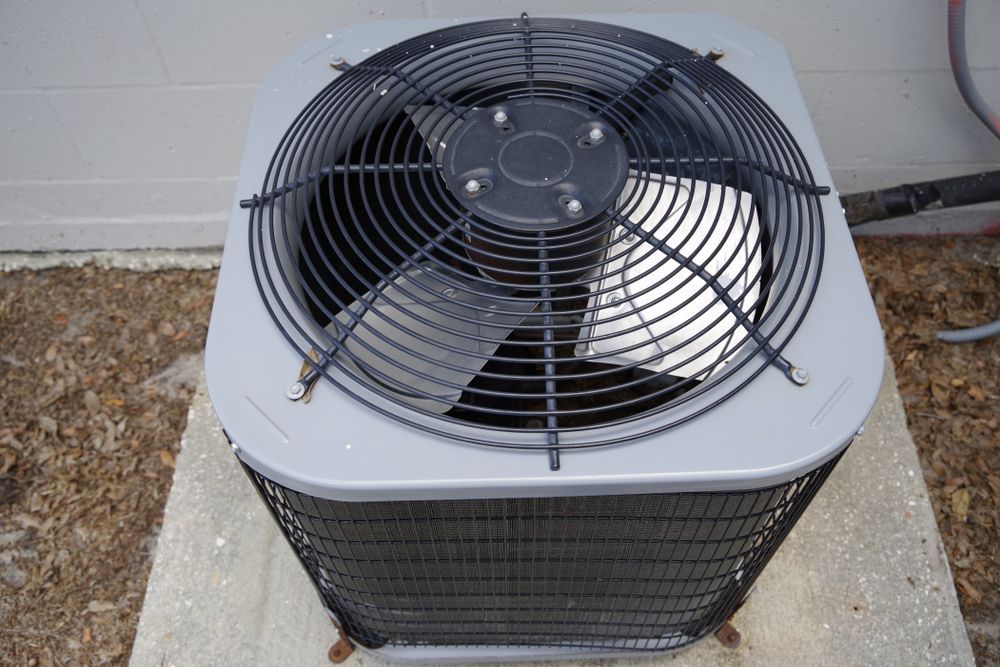
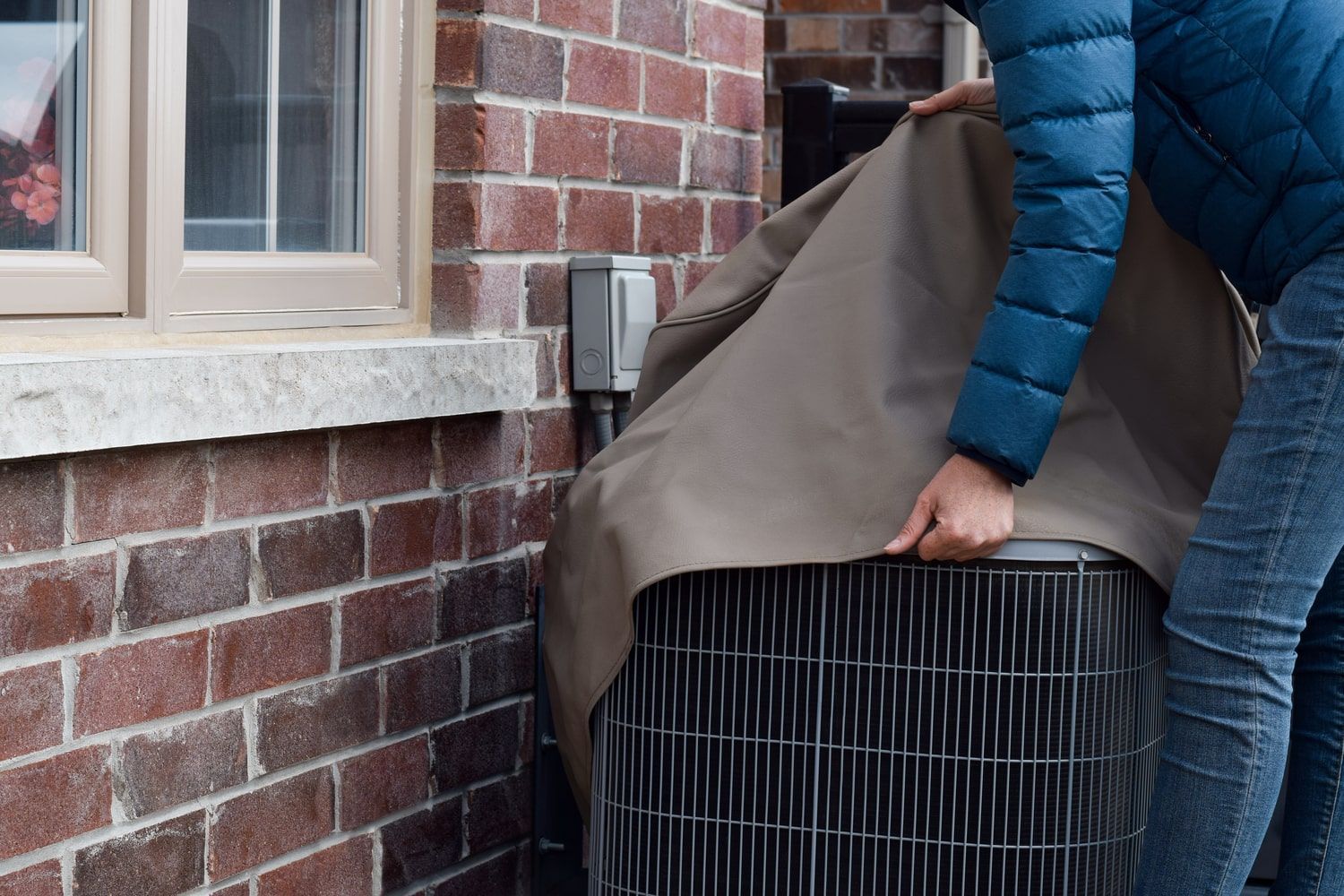
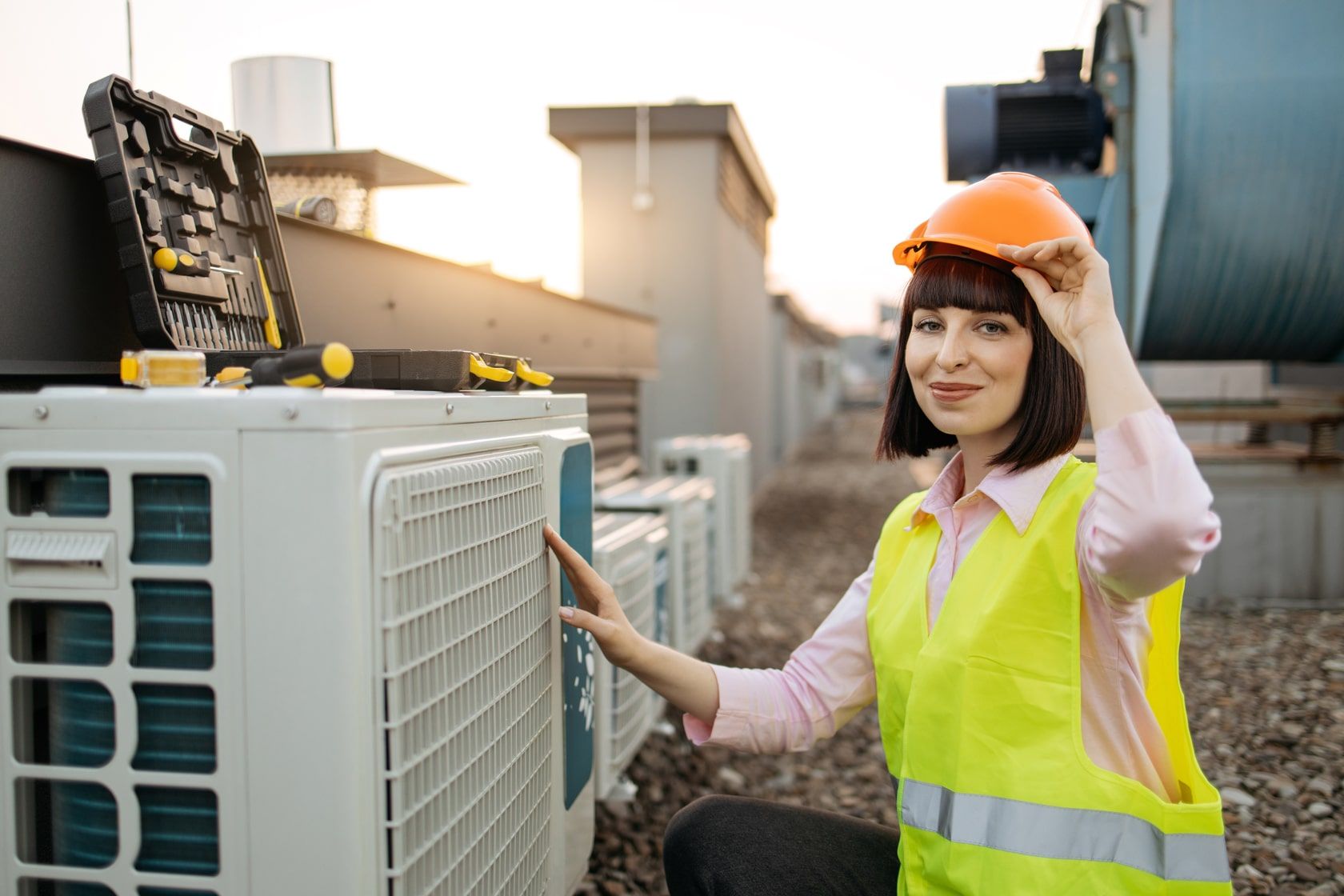
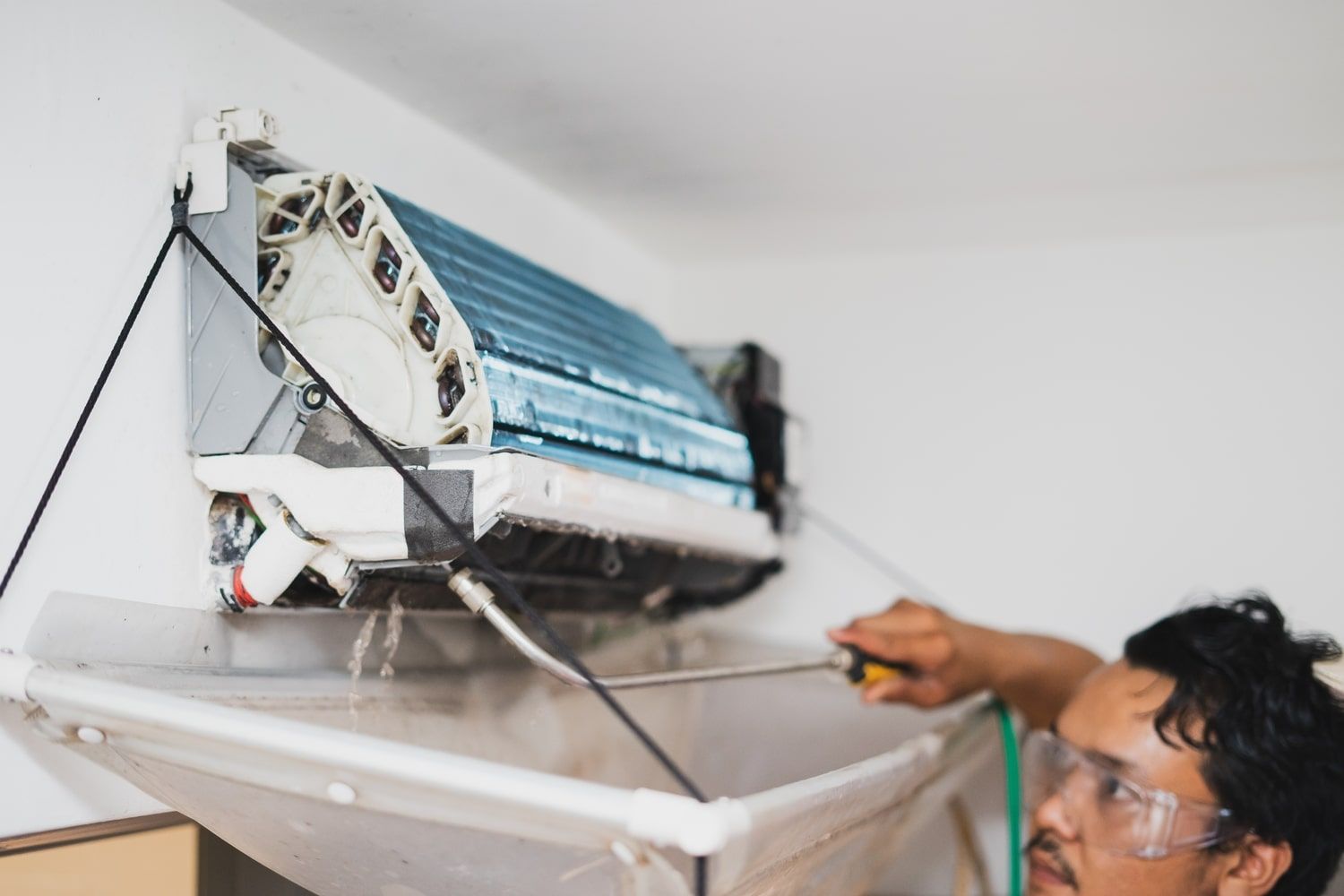
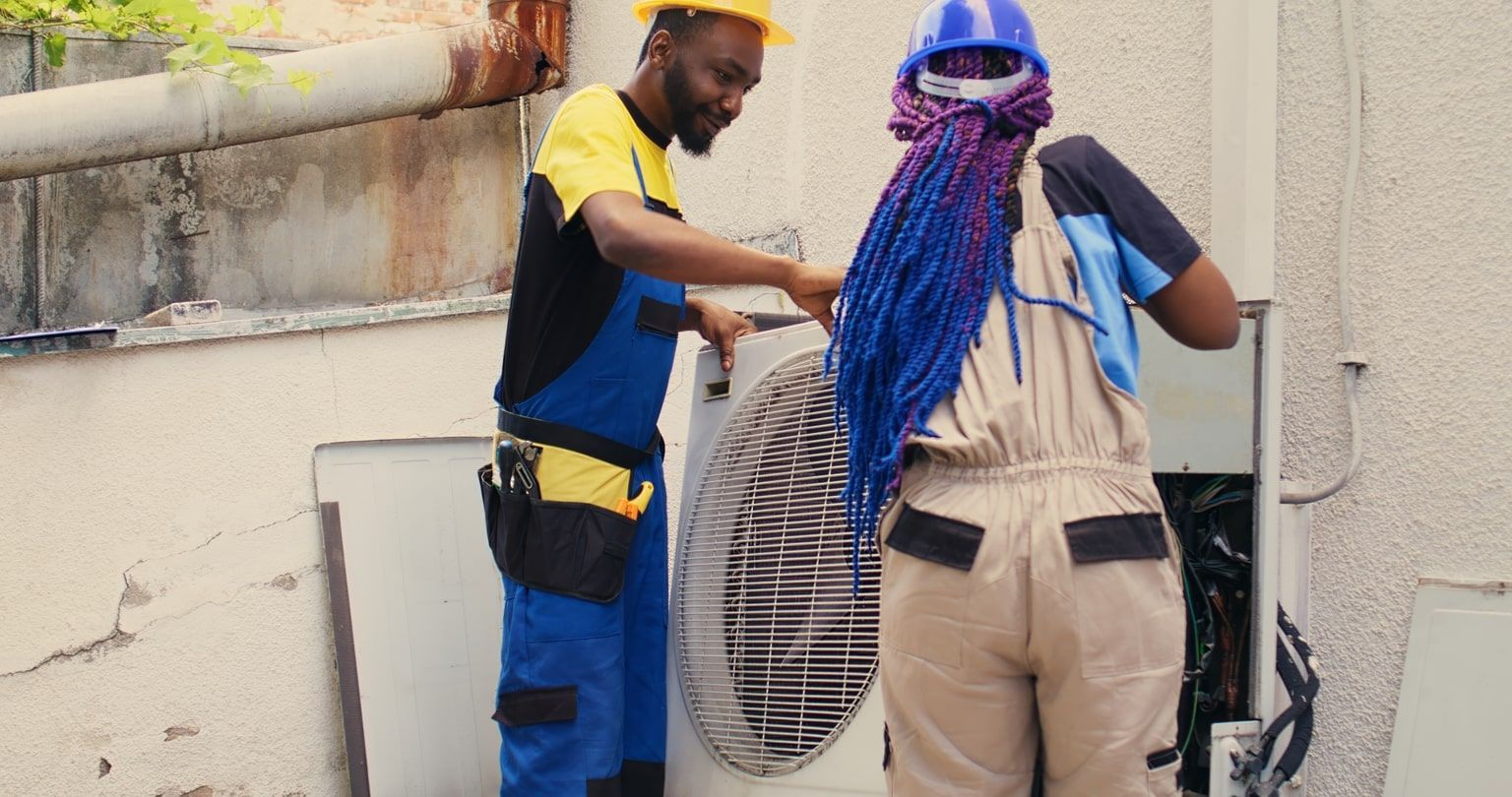
Share On: